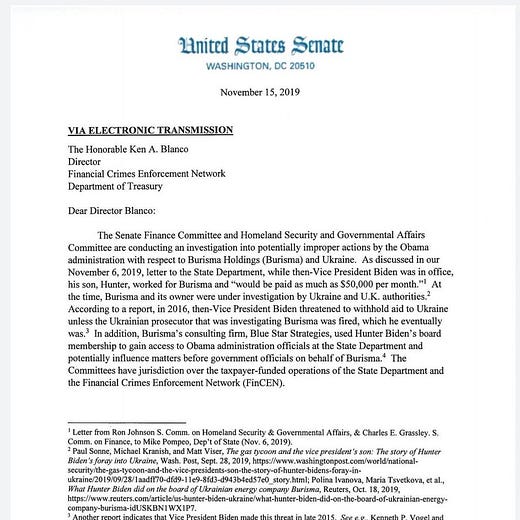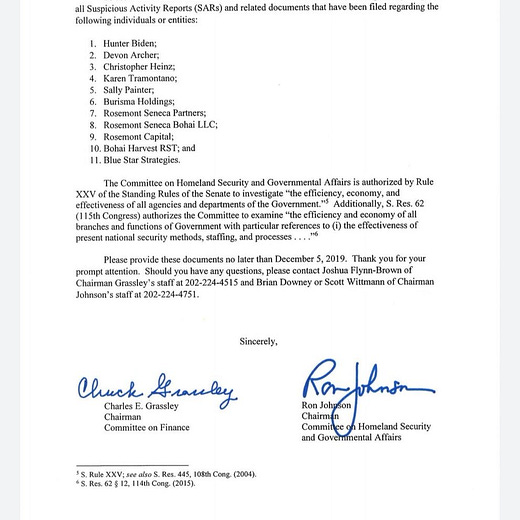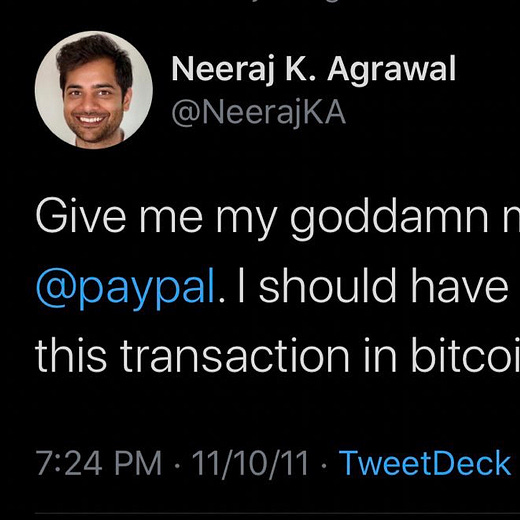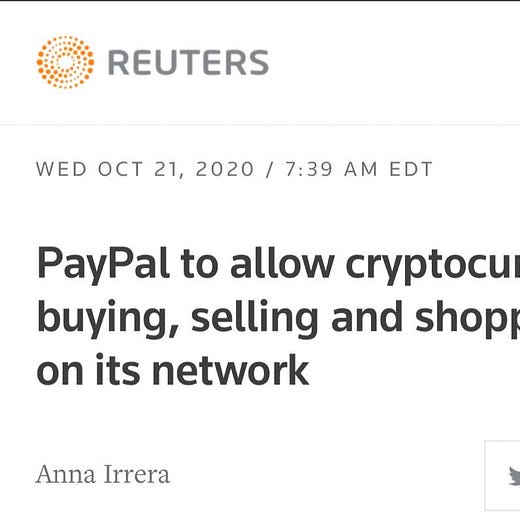Caving to government censorship as a competitive advantage
If your rival is banned you get all the users
Pakistan is tightening its grip on various social networks. In September they banned Tinder for promoting prostitution and immorality.
Last January, the Pakistan Telecommunication Authority announced it was "committed to protecting the public from harmful and unlawful content present on the internet such as blasphemy, hate speech, violence & extremism, and pornography."
Grindr didn’t stand a chance.
Having knocked out dating apps, Pakistan moved on to the real prize--social networks. Pakistan soon blocked TikTok, again citing immorality and indecency. These rules are often used to stymie the expression of young women. In Egypt, several female TikTokers were arrested and charged for benign dancing videos.
On the block, ByteDance said:
ByteDance responded that it was committed to following the law and in regular contact with Pakistani regulators. “We are hopeful to reach a conclusion that helps us serve the country’s vibrant and creative community online,” it said in a statement.
So, ByteDance commits to following the law of Pakistan. Even if the law is oppressive and easily abused. Luckily for them, this type of censorship is built into TikTok’s DNA. In just 10 days, TikTok caved to Pakistan’s demands and agreed to police morality and decency on the platform.
An important thing to note here is that while the US has mulled a TikTok ban as well, Pakistan’s is actually about end user censorship. Our proposed ban is more of a geopolitical game.
What about Facebook, Twitter, and YouTube? This long read from Coda has the full story, but I’ll pull out some interesting bits.
On YouTube, Pakistan has been turning the screws for a while:
In recent months, the Pakistan Telecom Authority has made repeated requests that YouTube immediately block content deemed “vulgar, indecent, immoral” or containing “nudity and hate speech” to viewers in the country. The renewed push to limit the influence of social media is backed by Pakistan’s top court. In July, while hearing a case in which a man was accused of writing blasphemous content, a Supreme Court judge hinted at a ban on the Google-owned video-sharing site.
Twitter just ignores them, which is awesome.
“Senior management of Twitter has been approached multiple times through emails/letters on different issues like blasphemy, defamation, and fake content. Meetings were also proposed but they did not attend or respond at all,” PTA chairman Amir Azeem Bajwa wrote in an emailed response to questions for this article.
This month new guidance was released for social media companies in Pakistan.
Social media companies, including Facebook and Twitter will be obliged to publish community guidelines warning users not to post content in breach of a number of conditions relating to copyright, blasphemy, defamation or to share material that offends the “religious, cultural and ethical sensitivities of Pakistan.”
Platforms will have 24 hours to comply with government requests for the removal of content, except in cases of emergency, where the PTA can demand removal within six hours.
In short, Pakistan is done playing games and wants compliance now.
I will be watching closely to see how American social media companies react to this. I expect they will push back at least a little, because they don’t want the PR hit for censoring young women dancing or political dissent. But that’s a lot of users in a growing market.
So, will Facebook be willing to stand up for what’s right and accept a ban in Pakistan, ceding the users to more censorious competitors? And will restrictive governments get better at playing this competitive dynamic to tighten speech controls?
I’ll keep an eye on this, so go ahead and subscribe for the follow up.
An opposition Telegram channel used by protestors in Belarus has been declared “extremist” by the government.
The decision to act against the Telegram channel is unprecedented even for Belarus, where authorities have at times shut down the country’s internet to prevent people organizing protests and blocked access to independent online media sites. The channel is effectively the country’s main news source about the protests, with nearly two million people subscribed, a staggering number for a country of about nine and half million. The channel has lost about 10,000 subscribers since the court case was announced.
Yet another in the long list of examples of words like “extremist” having looser definitions than we might imagine.
In Nigeria, the #endSARs protest movement has erupted in opposition to a regime of brutal police violence. Social media has been a major part of these protests, pushing the issue to the global stage. With global attention comes global support, including financial support.
Local protest groups have reported having their bank accounts frozen by the government, and at least one has switched to Bitcoin to evade this ban.
Read more: Nigeria Protests Show Bitcoin Adoption Is Not Coming: It’s Here
This case, more than anything else in recent memory, shows how banking controls can be weaponized to crush dissent. Fortunately, there are now options for people under such controls.
Though most coverage of the protests did not mention Bitcoin, or even bank accounts being shut down, at least Reuters caught it: “With Instagram, hashtags and bitcoin, young Nigerians boost anti-police protests”
There was another article about how cryptocurrency is bad. It moved around in the typical circles. Here’s a paragraph from that article.
It’s not surprising to me that someone with this worldview might think it’s useless. See above.
In the last newsletter I mentioned an odd bit of Zoom censorship. Here’s how that’s going: Zoom Deleted Events Discussing Zoom “Censorship”
Adam Saeed, a student at University of Leeds, said he used his personal Zoom account to organize the event. He told BuzzFeed News that the company deleted his event and disabled his account without explanation. He contacted the company’s customer support line, but said he has not yet heard back.
“It cannot be a unilateral decision saying, ‘You violated our terms of use,’ they have to prove that,” he said. “We have to have the right to contest this and present our case.”
Andrew Ross, a professor of social and cultural analysis at NYU who organized the event in conjunction with the American Association of University Professors, called the situation “absurdist.”
“Everyone working in higher education right now depends on Zoom and we cannot be in a position of allowing a corporate, third-party vendor to make these kinds of decisions,” Ross said. “It’s simply unsustainable.”
Zoom is responding to what it perceives as compliance risk. But clearly they are miscalibrated.
Here’s an interesting bit of FinCEN news that went a little under the radar.
If you think this is good, please subscribe and share.









